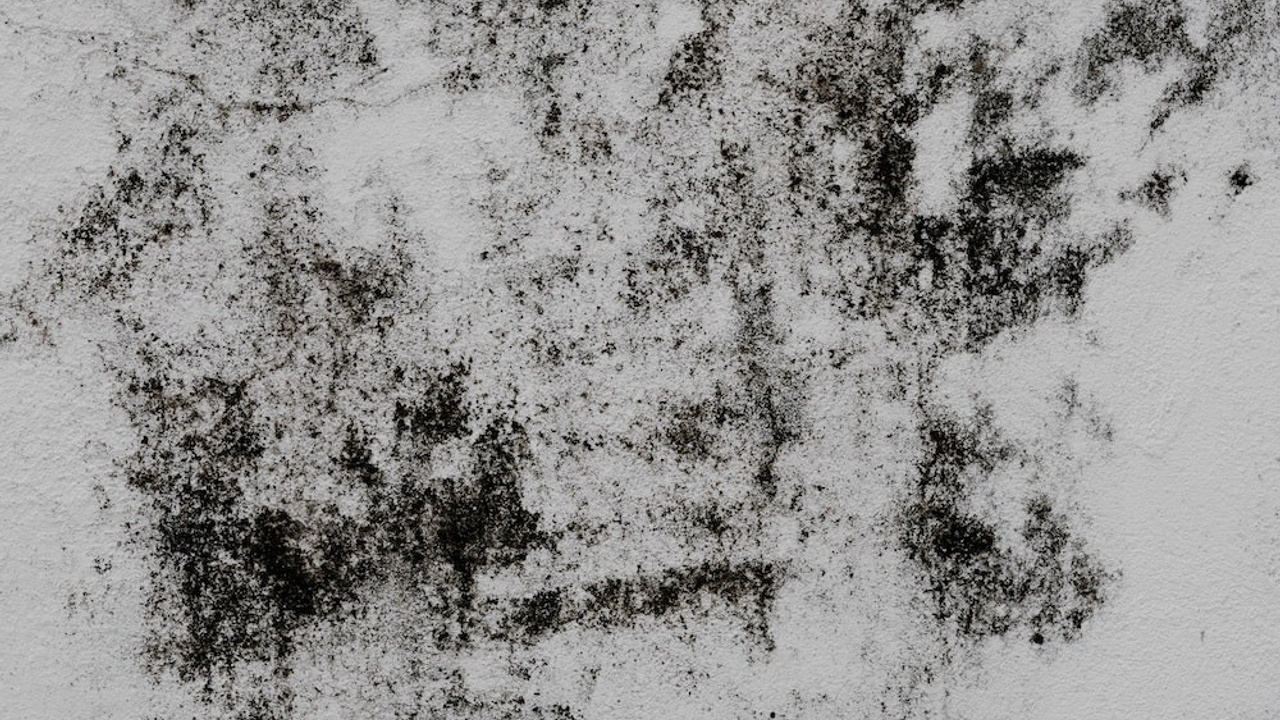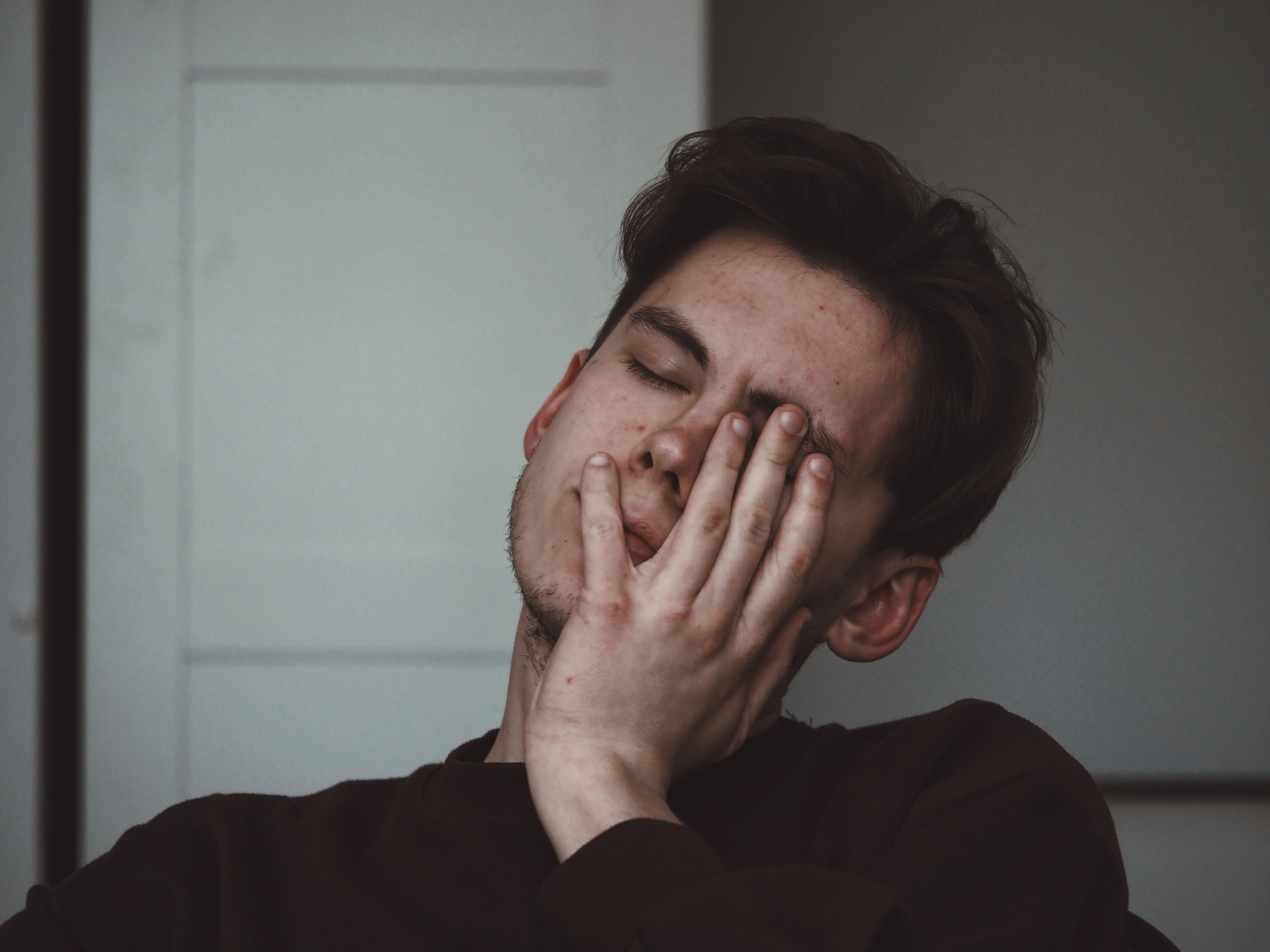How to Identify the 10 Warning Signs of Mold Toxicity
Nov 15, 2022
The prospect of mold toxicity and subsequent chronic illness that occurs is exceptionally harmful to the body. When we look at mold, an invisible predator that can cause serious illness, we can’t be overly careful about the air quality and atmosphere in the buildings we frequent.
Learning how to identify the warning signs of mold toxicity can’t be accomplished by reading an article alone. But learning about the process of mold remediation, what to look for, and how to protect your immune system can help build a solid foundation.
What is mold toxicity?
Caused by consistent exposure to mold biotoxins and spores, mold toxicity is a threat to the body’s major organs and vital systems that help us remain healthy. If you’ve considered mold assessment courses to help you keep your friends, colleagues, and loved ones safe, you’re not alone.
How dangerous is mold toxicity?
There’s an ongoing conversation about whether or not mold toxicity is actually dangerous, and there’s enough data to prove that selected biomarkers show the association between dampness, indoor molds, and respiratory health issues, among other chronic concerns like Sick Building Syndrome.
This study determined the health of employees occupying a building with mold exposure. It proved that over a ten-year period, mucosal, dermal, and general symptoms improved when the employees that were tested were away from their workplace. Multiple concerns, like increased bronchial responsiveness and astronomical levels of Eosinophilic Cationic Protein (ECP) counts in the blood were shown.
Why is it difficult to test for mold toxicity?
Since mold exposure inside a home or building can trigger inflammation and impact the immune system, it affects the body at large and becomes difficult to diagnose. Physicians aren’t typically seeking out an environmentally triggered illness, they’re looking for a diagnosis with a common explanation.
10 potential symptoms of mold toxicity to look for
Although diagnosing mold toxicity can often be challenging, knowing what signs to look for can help you identify symptoms quickly and seek treatment to get back on the path to wellness.
Overall fatigue with daily activities
One of the most common symptoms of mold toxicity is fatigue. The way that mold toxicity affects the body weakens the immune system, making it harder for the body to fight off infections, leaving a person feeling extreme levels of exhaustion.
Abdominal pain and digestive issues
While mold toxicity symptoms can also present as abdominal and digestive issues. Nausea, vomiting, bleeding in the intestinal tract, diarrhea, and cramping or just a few of the symptoms that present in people who are dealing with toxic exposure to mold.
A metallic taste
As mold toxicity and illness progress in the body, people report experiencing a distinct metallic taste in their mouths. Oral symptoms are often caused by mold causing damage to your taste bud nerve cells. If untreated, this metallic taste lingers. Do you live experiencing that lingering taste in the back of the throat for days, even weeks?
Symptoms similar to hormone imbalances, mood swings
One of the most subtle impacts with strong effects comes from hormonal imbalances and mood swings due to the way that mold can mimic estrogen. Estrogen dominance affects levels of progesterone, and with that deficiency comes a slew of health issues. Brain fog, depression, and headaches are often reported as symptoms due to hormonal imbalances.
Tinnitus
Mold toxicity can lead to tinnitus, the buzzing and ringing of the ear. Though not caused by the mold itself, infections can form that harm and change pressure in the ears that cause tinnitus. Some people note experiencing a phantom noise that is extremely loud that interferes with their ability to hear.
Tingling or numbness in fingers, toes, other parts of the body
Peripheral neuropathy is a condition that causes numbness, pins, needles, weakness and tingling in the hands and feet. Typically caused by nerve damage, mold exposure can trigger motor and sensory peripheral neuropathy, leaving a person unable to perform basic tasks with their hands and feet, flare-ups permitting.
Muscle pains akin to fibromyalgia
Along with the pain associated with peripheral neuropathy, a person may experience muscle pains akin to fibromyalgia. Mycotoxins and mold do cause chronic fatigue and can mimic fibromyalgia symptoms like achy joints, sore muscles, and depression.
Persistent dizziness
Dizziness may be a surprise to many, and while often associated with vertigo and hypoglycemia, can be one of the many persistent symptoms of mold toxicity. Mold spores are known to irritate the eyes and the respiratory system, setting off a chain reaction of nasal and lung-related issues.
Weight gain or loss without lifestyle changes
Since mold does its best work setting off the body‘s inflammatory response to mycotoxins, it produces leptin blocking resources that can result in weight loss or weight gain unexplained without any lifestyle changes. With leptin being the hormone that regulates our appetite, it disrupts the body's process in proper food intake.
Dehydration
Dehydration is often mold spores' first line of attack when it comes to mole toxicity and overexposure. The spores suck moisture out of the body to heal themselves. The fact that mold can weaponize your body’s own functions against you to make you sick is enough of an indicator of just how serious mold toxicity and exposure can be.
Become a mold assessor with NIAQI’s mold courses
Knowing what to look for and how to identify mold concerns is one thing, but learning how to apply those skills into something tangible holds real value, especially if you’re a homeowner, business owner or are responsible for groups of people. Your health, and the health of those around you is essential. If you’re ready to learn more about becoming a mold assessor with NIAQI’s mold courses, head on over to our website to get started.
Get mold industry news and updates from NIAQI.
Join our mailing list to receive the latest news and updates from our expert mold instructors.
Don't worry, your information will not be shared.
We hate SPAM. We will never sell your information, for any reason.


